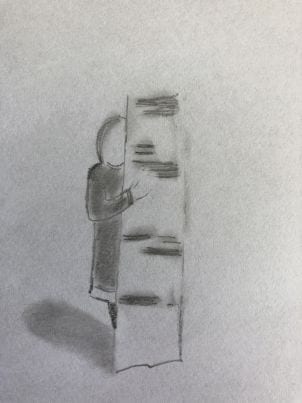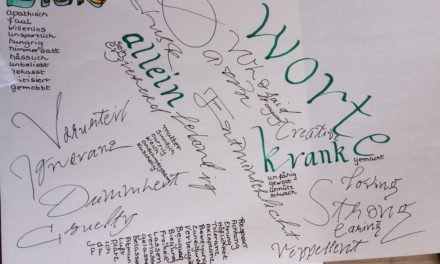Fibromyalgia and partnership - Part 1
Give your partner the chance to see that you are not just fibromyalgia or some other chronic disease.
"For better or for worse."


Communication
It turns out that the most common answer was "communication" when many fibromyalgia sufferers were asked how to integrate dealing with a chronic illness well into their relationship. Hands up! Who was surprised? And guess what is a recurring problem in my relationship with my husband: clearly - communication! There are the usual stumbling blocks in communication between men and women, but tell me: does communication work better in same-sex relationships?
Fibromyalgia and partnership. Do they go together? Our disease can be a real test for our partnership. There's something we can do about it.
Building blocks
Did you play with bricks as a kid? Were you ever so frustrated that you knocked down what you built up so carefully and suddenly all the bricks were on the ground? When you started building again, did you build the same thing or something else? We are experiencing something similar at the moment. Covid-19 smashes through our lives like a wrecking ball - our habits, some of our rituals and much of what was taken for granted is turned upside down. We are forced, perhaps we also have the chance to examine many of these habits and can ask ourselves if we really need all these building blocks.
This is exactly what chronic diseases do to us. And it doesn't just affect us alone, but our partnership and our family. In the course of a relationship we develop habits, daily structures - a life together. Chronic diseases destroy all that. We have to look at our building blocks and see what we can make of them together. When a person in a partnership becomes ill, it is a great challenge. Sometimes both are sick. This does not automatically mean that each can understand the plight of the other well. In the end both are always affected, because the illness is in your body, but it is in both your lives.
My husband and I are both great at Accept. "I assumed you would know ...", "I assumed you would think of ...", "I assumed you would take care of this." (very often) We will be busy at this site for a while. Yesterday we went to a café in the afternoon to discuss a few things. First, because today is the first day of a "Lockdown Light" in Germany and all restaurants and cafés are closed for at least a month. Secondly, because new thoughts don't always appear in old surroundings.
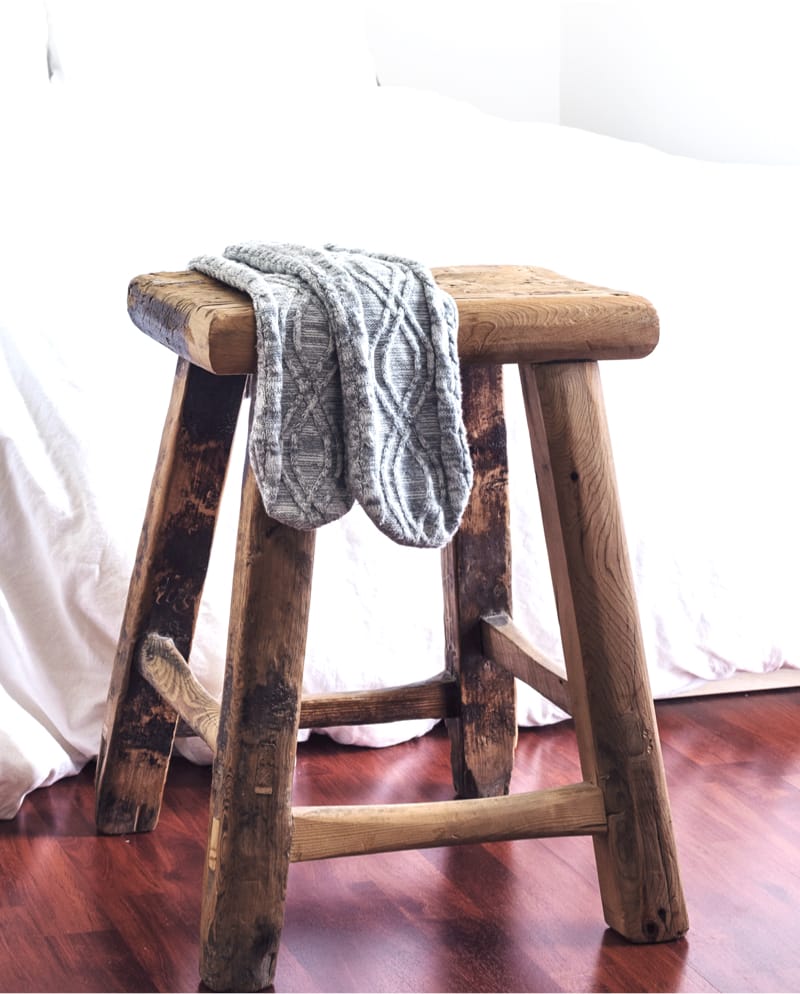

Disclaimer
I hope it's clear now that I'm not in a perfect relationship. That's why I'm not offering you these insights as that person or as a professional therapist, but I'm sharing my experiences and some of my findings from research on how we can make life a little easier in a relationship with fibromyalgia.
Misunderstandings
There are many misunderstandings between us about the day-to-day management of fibromyalgia. My husband brought the spoon theory to my attention. He discovered it on the blog page of one of his colleagues who is chronically ill. But I often don't get the impression that he thinks about my "spoons" in everyday life. I, on the other hand, often tend to interpret an observation of his as criticism.
Talking is golden
Instead of assuming that your partner knows how you feel and expecting him/her to act accordingly, I think and experience that it is a much better idea to just simply say what is going on. The emphasis here is on "simply" so it's clear. Of course, your partner has a life with his or her own individual challenges that affect the ability to understand and listen. Communication should be two-way. If you notice that your partner is not feeling well and is not willing to engage in an intensive conversation, simply explain the current feeling so that you both know where you stand. If there is a chance to take time and be more open, do it. Talk and listen. We have identified a code word for situations where one of us cannot or will not talk - "Tannenzäpfle". We haven't needed it since we agreed on it.
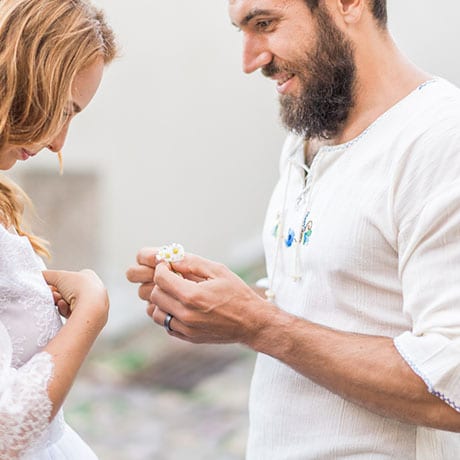
"Illnesses, especially protracted ones, are apprenticeships in the art of living and the formation of the mind."
Novalis 1772-1801
Appreciation
Give your partner the chance to see that you are not just fibromyalgia or some other chronic disease.
Yes, your life must be navigated around it, but that is not all. Keep this other part of you - your ideas, the impulses you experience, your thoughts, your opinion on other matters - alive and nurture it. I know that this kind of suggestion can literally slay you, and I know very well that there are times when symptoms dominate your life so much that you simply cannot manage to think and act in other directions. But don't give up trying. It can be so important for your own identity to become aware again and again that you are not just a disease. Yes, the disease has come into your life and is almost like a third person in the relationship. And it is also very determining. What you can do, what you eat, what you can manage at home and much more, now depends on it. Nevertheless, do not leave the sole rule over you and your relationship to it.
If the focus in your partnership is constantly on your illness, this is a massive strain on a relationship. (And also for you)
There are other communities where you can share experiences about your disease. Self help links
As I mentioned earlier, each individual has different experiences that influence the way he/she perceives things. It helps to be very clear when you talk about your feelings and needs.
You deserve to have a person with you who can deal with your illness and accept you as you are, and of course your partner should also feel accepted. This can be difficult for both, no matter if you have lived together for many years and then suddenly one of you gets sick, or if you start a relationship with someone who is chronically ill. There are many stumbling blocks you can fall over. We stumble again and again.
Together
I met my husband when I was already sick. I was a single mother and hadn't been in a relationship for a while. After I received my diagnosis, I didn't expect to be in one either. My husband did some research and asked me some questions. But I couldn't see into the future any more than he could. We set off and found ourselves in rough seas. We could have stopped, and there were times when we thought we should have. (Everyone not at the same time - which makes it even harder). We are still sailing and I think I have about three life jackets on.
But the thing is that if your partner cannot accept you as you are with your disease, it can hardly work.
Since it is difficult to explain what an illness feels like, it can be helpful to point out sources of information about your illness. Maybe even attend a congress about your illness together.
I remember the husband of one of the participants in my support group. He said that he had accompanied his wife to an assessment and had no idea about many things that were being talked about. He realized that he didn't really know what his wife was experiencing because she was stillfunctioning. So they lived together, but he didn't know how she was doing.
But oh yes, there is a "but", we have said it before, haven't we? Everyone is an individual who perceives in different ways. So if you have attended a congress and you think my partner now knows exactly what I mean, you might be surprised. Surprised at what he/she takes away for him/herself from the information gathered. Attending a congress together is a building block that needs to be part of the whole picture.
Have you ever felt guilty about how your health is affecting the relationship? Partnership means together. So both have to find out what works and what doesn't and tackle these problems together. If a relationship is healthy, both should have a deep interest in knowing what the other is going through.
I see you
My husband and I were often not the greatest heroes in the past. Not least because we both felt either guilty, or almost the opposite, so involved in our daily conflicts that we felt unable to lift our heads and see what was happening to the other. This can lead to withdrawal and make life really hard and lonely.
I am sure that an important virtue for a relationship must be patience. An example is when you feel that your partner is not aware of how you are doing and does not respond to your needs and you immediately condemn this. This does not help. This is where working on your communication can pay off.
You are not just fibromyalgia, even more the relationship must not be just fibromyalgia because your partner also has problems he/she deals with. Maybe he/she also has mental or physical health problems. Both will have bad days. But just as a support group is not about sitting in a circle and moaning and comparing how bad you feel, it shouldn´t be like that in a relationship either. We should consider how we can help each other in such situations and sometimes acknowledge that we can't. But it is very important for both of us to know that we are seen.
Say thank you
As you may begin to see, everything is about overlapping circles, everything affects everything else. Stay true to yourself. Make changes, but don't lose your core. If you only see yourself as sick, your partner will see you that way too. And although sometimes you want people to acknowledge that you are ill rather than disbelieve you, you still want to maintain the individual self that you have grown into all your life. All your experiences have shaped you. You are not just sick. It is difficult - every day anew.
At the beginning of our relationship, I felt very limited by the disease, I felt I wasn't contributing enough to our daily lives together. I practically felt inadequate. But I have many qualities outside my illness. I must not forget that. I am a worthy person.
My husband loves food and loves to eat well, he hates to be in the kitchen himself. I am a passionate cook and always interested in new ideas. He is always grateful when I cook something nice. There is not a menu every day, sometimes it has to be the simplest of meals. But that's all right. Instead of feeling guilty, I think it is more important to acknowledge all the efforts you and your partner are making and not to forget to express our gratitude. A thank you makes such a big difference.
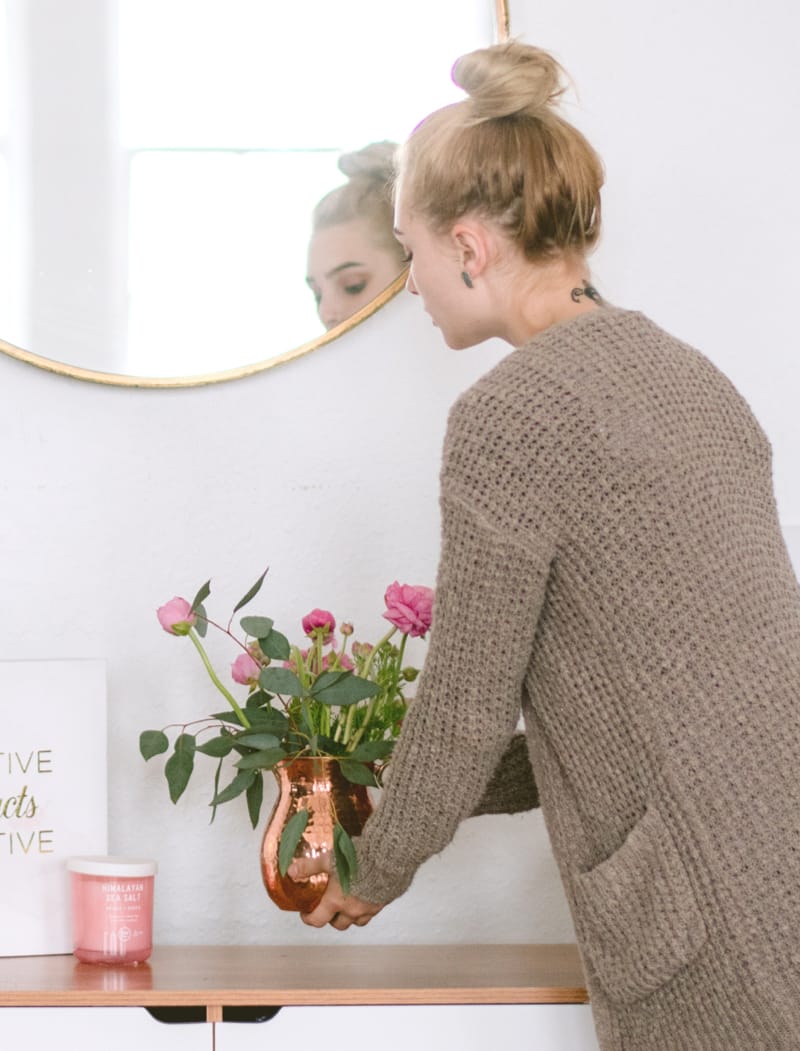
You don't look sick
Even your partner does not see your symptoms.
Your resources are limited
Giving timely notice and planning, can prevent disappointment
Don't suppose that...
Instead, talk clearly about mutual needs
Interview
What are our communication skills in this relationship? Are there areas where we can really communicate well? Can we use these skills for other areas?
Fear
Are we afraid to raise some issues? How can we help each other to overcome this fear?
Help
How can I help you now and in the future? Both ways, remember?
Roles
Have we established roles in our relationship? Do they need to be reviewed so that we can get along together?
Interest
How are you? You can also be more specific and ask how bad the pain is today. The best way to do this is to agree how you should ask after the other.
Blazing heat
How can we manage to keep the fire alive in our relationship, despite chronic illness (I don't mean just sex or intimacy, that's a subject in itself fibromyalgia and sexuality). How can we still equals in this relationship?
Professional
Do we need professional help?
Sometimes it can help communication to get going if someone uninvolved makes possible approaches to issues approaches visible.
Not your questions?
These questions may not work for you, but help trigger the questions you want to ask.


The 5:1 rule
John Gottman, an American psychologist, spent a long time researching a kind of patent remedy for relationships. The result is the 5:1 rule. How does that work?
Quite simply, actually:
It takes five positive interactions with your partner in order to balance a negative interaction. 5:1 formula for love
This may sound like a fasting rule, at least too simple to be effective. But Gottman observed many couples primarily in conflict situations to distill this formula from happy relationships.
So if I address my husband brusquely and criticize him unjustifiably, it might take a kiss, a hug, a cup of tea, a nicely laid table and an open ear for a topic to make up for it. Just as an example. Sounds like a lot, but it's worth a try. This applies to all relationships but certainly also to us. Give it a try.
Sources:
Anke Diezemann, A. D. (n.d.). Pain and Sexuality. https://www.schmerzgesellschaft.de/. Retrieved November 6, 2020, from https://www.schmerzgesellschaft.de/topnavi/patienteninformationen/besonderheiten-bei-schmerz/schmerz-und-sexualitaet
Hesse, C. H. & Krauter, R. K. (2019, March 11). https://www.deutschlandfunk.de/die-mathematik-der-liebe-ehe-geheimnis-liegt-im-5-1.676.de.html?dram:article_id=442868. https://www.deutschlandfunk.de/. https://www.deutschlandfunk.de/die-mathematik-der-liebe-ehe-geheimnis-liegt-im-5-1.676.de.html?dram:article_id=442868
Pictures:
Photo by Nathan Dumlao on Unsplash
Building blocks
Photo by Elodie Oudot on Unsplash
Lego pieces white
Join

